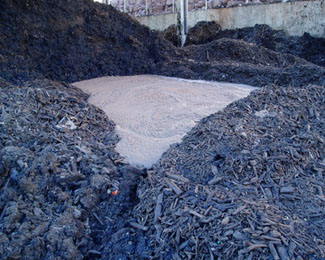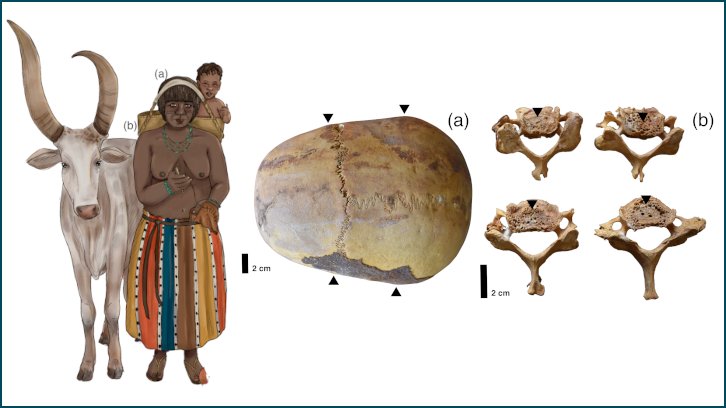More biodegradable organic wastes

The treatment of organic solid waste to obtain compost – which can be used as soil conditioner or fertilizer - is a complex process. However, certain physico-chemical and biological characteristics are required in a waste to be successfully composted. When these characteristics are not present, there is the possibility of compensating them through cocomposting. This technique consists in adding a cosubstrate to the original waste to make up for its original deficiencies and facilitate its treatment by composting. Cocomposting was tested with a series of laboratory trials in which protein, fats and cellulose were added to sewage sludge separately. The results were quite positive not only due to enhancement of the composting process evolution but also for the increase in nitrogen conservation in the final product. The cosubstrates used can be found in different organic wastes specially those from the food industry. The treatment of these wastes though composting offers an excellent opportunity for their valorization.
Composting is defined as a biotechnological process by which different microbial communities initially degrade organic matter into simpler nutrients and, in a second stage, complex organic macromolecules such as humic acids are produced, forming an organic fertiliser known as compost. The obtained compost is stable, pathogen free and can be beneficially applied to soil.
Within the available techniques for recycling organic wastes, composting is always presented as a simple and economically-viable process. Traditionally, composting has been used for treating the organic fraction of the municipal solid waste (OFMSW), likewise, nowadays composting is presented as an appropriated technique for recovering other type of materials as sewage sludge and several industrial organic wastes were the main objective is to recover their organic matter content.
As composting is a biological aerobic process, it requires an adequate oxygen supply for the microbial degradation. This parameter, jointly with temperature and moisture content are often selected as the control variables in the composting process at industrial facilities. Temperature is a very important parameter, as the maintenance of thermophilic temperatures (over 45ºC) is the primary mechanism for pathogen inactivation and seed destruction.
When evaluating a material composting potential; optimal physical, chemical and biological characteristics have to be ensured, i.e.: moisture content, porosity, organic matter content and its biodegradability potential as the carbon to nitrogen ratio among others. Co-composting is defined as the addition of a co-substrate to the original material (main substrate) to compensate the deficiencies in the original properties of main material for being composted alone. Co-substrates could be useful to adjust the moisture content and to complement the biochemical composition of the main substrate.
In this sense, a battery of pilot scale experiments were run (at a 25 L composting reactor) in order to determine the influence of different biochemical composition co-substrates on the sewage sludge composting process. Three treatments composed of mixtures of raw sludge and co-substrate (commercial fat, protein and cellulose) were carried out and compared to a control treatment composed of raw sludge. All co-composting processes resulted in a biological activity increase and a higher pathogen reduction potential, as temperature was improved if compared with the single sludge composting. Higher degradation percentages were obtained during co-composting experiments for organic matter content. Likewise, adding co-substrates to the sludge enhanced the nitrogen conservation and the agronomic value of the obtained compost.
All these results were interesting as, in spite of the selected co-substrate corresponded to pure substances; all of them are present in different proportions at residual materials, principally from the food industry. Nowadays these materials are discarded as wastes, but they can be used as co-substrates to compensate the sewage sludge deficiencies to be composted alone and obtaining by that way its revalorization
References
Influence of different co-substrates biochemical composition on raw sludge co-composting. Ruggieri, L; Gea, T; Artola, A; Sanchez, A. BIODEGRADATION, 19 (3): 403-415 JUN 2008


